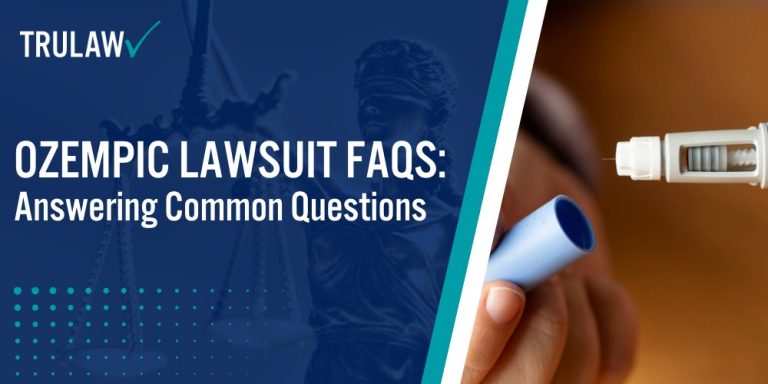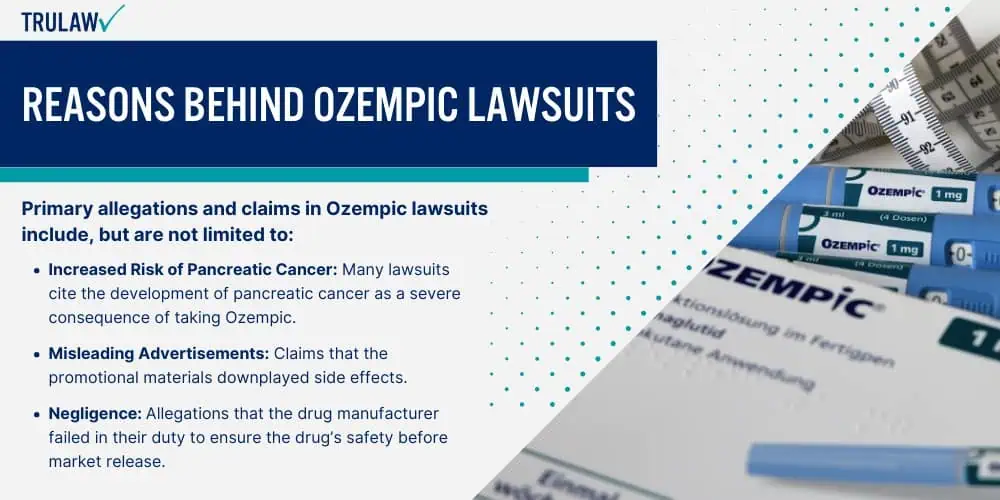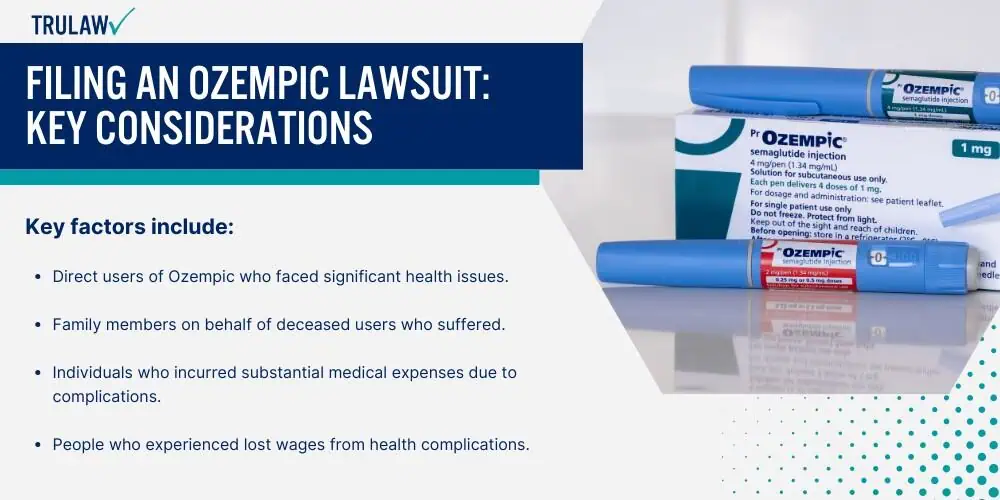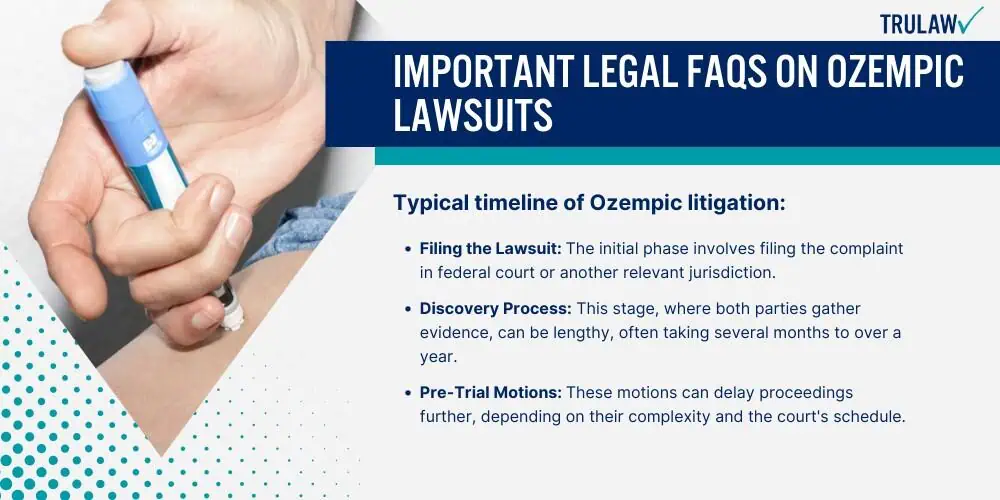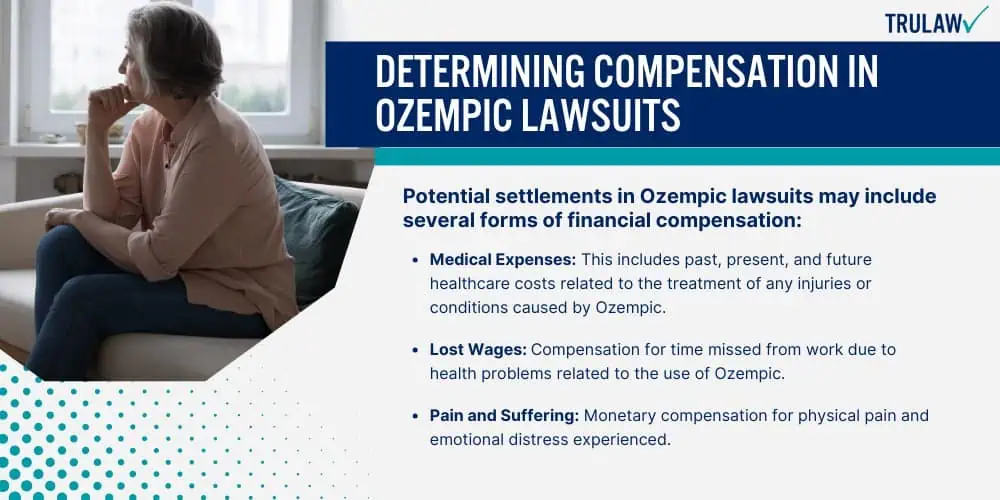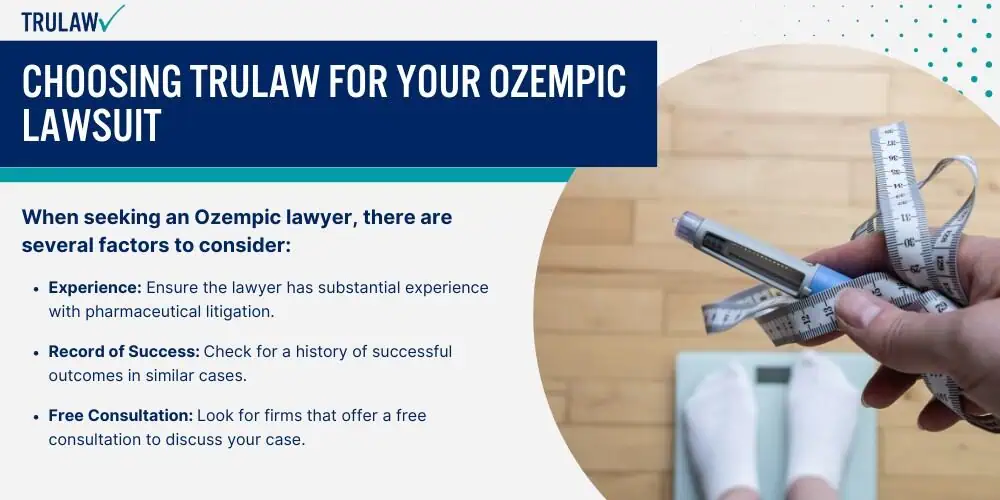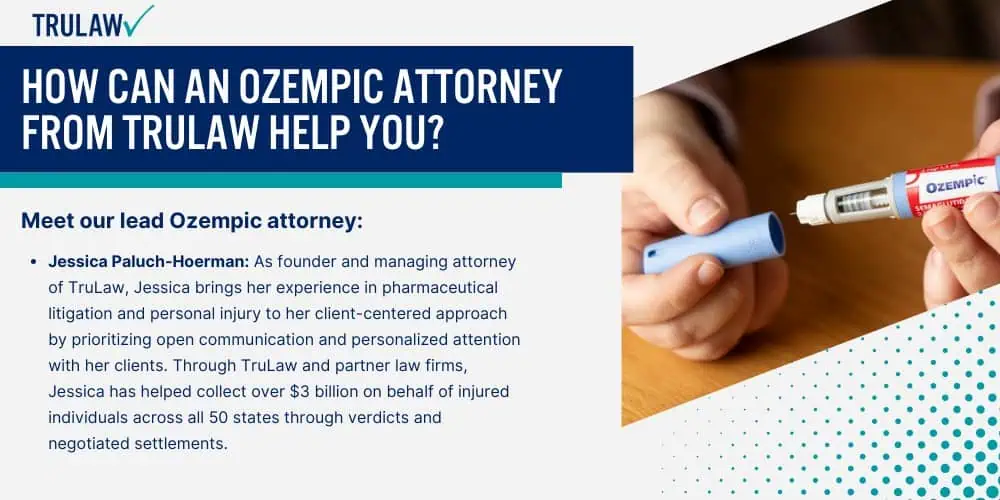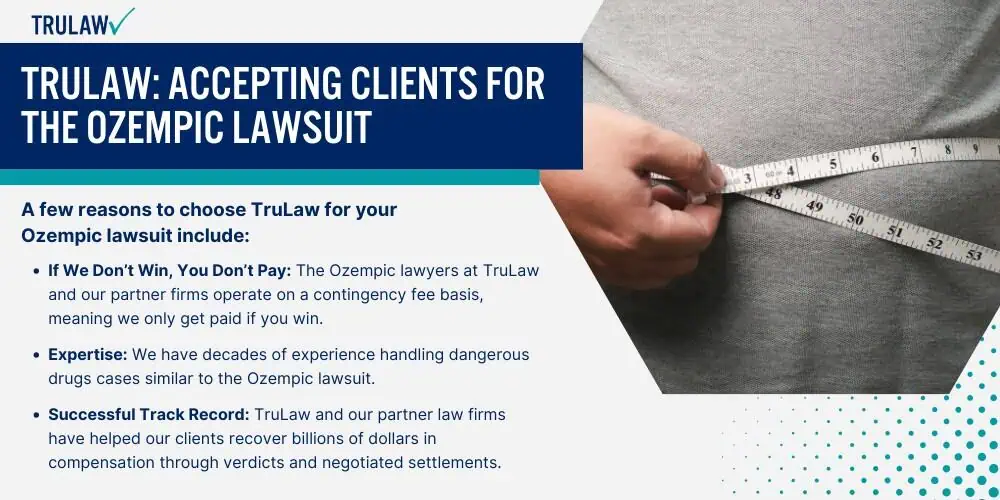Ozempic, primarily used for managing diabetes and inducing weight loss, contains the active ingredient semaglutide.
It’s an FDA-approved medication known for its significant contributions to both diabetes management and weight reduction.
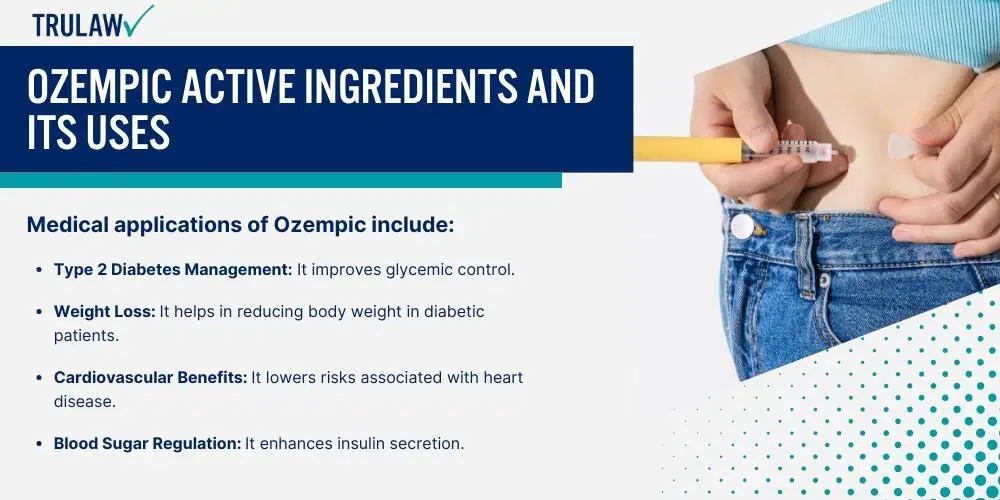
What is Ozempic? Medical Applications and Benefits
Ozempic is a prescription medication that contains semaglutide as its active ingredient.
It belongs to a class of drugs known as GLP-1 receptor agonists.
This medication is primarily used to manage type 2 diabetes by regulating blood sugar levels.
Medical applications of Ozempic include:
- Type 2 Diabetes Management: It improves glycemic control.
- Weight Loss: It helps in reducing body weight in diabetic patients.
- Cardiovascular Benefits: It lowers risks associated with heart disease.
- Blood Sugar Regulation: It enhances insulin secretion.
Ozempic is administered once a week via injection, making it convenient for long-term use.
Common Side Effects and Risks of Using Ozempic
Common side effects associated with Ozempic use include:
- Nausea
- Severe vomiting
- Diarrhea
- Stomach Pain
While these effects are generally mild, they can be uncomfortable for some users.
Additionally, risk factors include:
- Pancreatitis: Inflammation of the pancreas.
- Thyroid Tumors: Potential increase in thyroid C-cell tumors.
- Kidney Issues: Can worsen existing kidney problems.
- Allergic Reactions: Severe allergic responses in rare cases.
Patients taking Ozempic should follow their healthcare provider’s instructions closely to mitigate these risks.
By focusing on these key points, individuals can better understand the comprehensive medical applications and potential side effects of Ozempic.
This structured approach provides clarity on the medication’s uses and necessary precautions.
